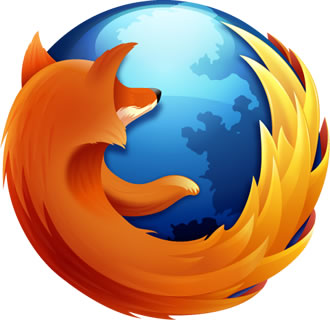Mozilla and Google's plans to develop a Metro-style version of their browsers for Windows 8 were dealt a major blow this week after it was revealed that Microsoft will restrict third-party browsers like Firefox and Chrome from accessing certain APIs on its ARM devices.
Asa Dotzler, community coordinator for several Mozilla projects and product director for the Firefox desktop browser, explained the situation on his blog: On x86 Windows 8 PCs, there are three kinds of software programs - Classic programs that access the win32 API that Windows 7 applications use, programs that are limited to the Metro environment, and Metro style desktop enabled programs which have access to the cool new features of Metro but also to the underlying win32 API that classic desktop applications use.
The problem is Microsoft has made it clear that the third category won't exist for Windows on ARM, otherwise known as Windows RT (stands for runtime), and that neither will the first category – unless you're Microsoft, of course.
There are some potential advantages to this approach. In a Building Windows 8 post from February, Microsoft explained that the requirement for Metro-only apps on Windows RT eliminates many of the programming tricks used by Win32 app developers, including background processes, registry changes, admin rights, add-ins, and a host of other common techniques that could result in unreliable, memory-hogging apps.
Forcing all third-party apps to run in the sandboxed Metro environment will deliver a new level of security for Windows on ARM products. But it also means that browsers like Firefox and Chrome will be locked out from using certain APIs necessary for building a modern browser. According to Dotzler, there's no way another browser can possibly compete with IE in terms of features or performance due to this restriction.
He goes on to point out Microsoft's troubled legal history with Internet Explorer and the promise the company made to developers, users, and OEMs about browser choice after its anti-trust ruling expired.
In a statement to Cnet, Google expressed its solidarity with "the concerns Mozilla has raised regarding the Windows 8 environment restricting user choice and innovation." It's unclear at this point, however, if either company will be elevating their concerns into a formal antitrust complaint.
